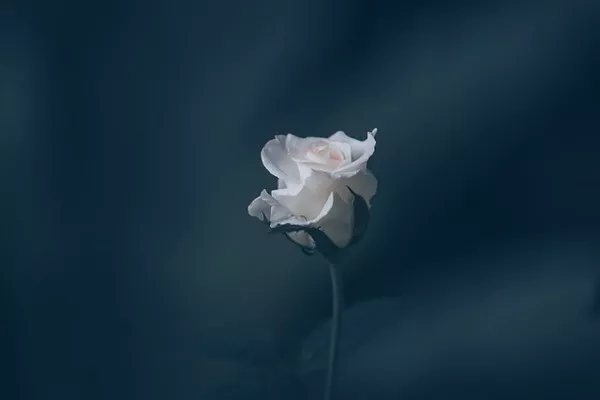The rose, with its captivating beauty and enchanting fragrance, has long been celebrated as one of the most iconic and beloved flowers in the world. Beyond its aesthetic appeal, however, the rose offers a myriad of practical uses across various domains, ranging from culinary arts to skincare and beyond. In this article, we delve into the multifaceted utility of the rose flower, exploring its historical significance, cultural symbolism, and diverse applications in modern society.
Cultural and Symbolic Significance
Before delving into its practical applications, it’s essential to acknowledge the cultural and symbolic significance of the rose. For centuries, the rose has held a revered status in numerous cultures worldwide. It has been immortalized in art, literature, and mythology, symbolizing love, beauty, and passion.
In addition to its associations with romance, the rose carries various symbolic meanings across different contexts. In some cultures, it symbolizes purity and innocence, while in others, it represents secrecy or confidentiality. Its versatility in symbolization reflects the diverse interpretations and significance attributed to this iconic flower.
Historical Perspectives
The historical significance of the rose spans millennia, with evidence of its cultivation dating back to ancient civilizations such as the Egyptians, Greeks, and Romans. These ancient cultures valued the rose not only for its aesthetic appeal but also for its medicinal properties and aromatic essence.
During the Roman Empire, roses were used extensively in rituals, festivities, and ornamental gardens. The renowned Roman poet Virgil praised the rose for its beauty in his works, further solidifying its status as a symbol of love and luxury.
In medieval Europe, the rose continued to be revered, with various noble families adopting it as their emblem. The rose also held religious significance, often associated with the Virgin Mary and used in Christian rituals and ceremonies.
Culinary Applications
One of the lesser-known but increasingly popular uses of the rose is in culinary arts. The delicate flavor and aromatic essence of rose petals lend themselves well to a variety of dishes and beverages.
In Middle Eastern cuisine, rose water is a common ingredient in desserts such as baklava, Turkish delight, and rose-scented rice puddings. It adds a subtle floral note that enhances the overall taste and aroma of these delicacies.
Furthermore, rose petals can be used to infuse flavor into beverages like tea, lemonade, and cocktails. The addition of rose petals not only imparts a unique taste but also enhances the visual appeal of the drinks, making them a popular choice for special occasions and gatherings.
Medicinal and Therapeutic Uses
The therapeutic properties of the rose have been recognized for centuries, with traditional medicine systems incorporating it into various remedies and treatments. Rose petals, rose oil, and rose water are valued for their potential health benefits and medicinal properties.
Rose oil, extracted through steam distillation of rose petals, is renowned for its calming and rejuvenating effects on the mind and body. It is often used in aromatherapy to alleviate stress, anxiety, and insomnia, promoting relaxation and emotional well-being.
In addition to its psychological benefits, rose oil also possesses antiseptic and anti-inflammatory properties, making it a valuable ingredient in skincare products. It helps soothe irritation, reduce redness, and hydrate the skin, making it particularly beneficial for those with sensitive or dry skin.
Aesthetic and Decorative Purposes
Of course, the most prominent use of the rose remains its aesthetic and decorative appeal. Whether used in floral arrangements, bouquets, or as a standalone ornament, the beauty of the rose enhances any environment and occasion.
In interior design, roses are often incorporated into home décor to add a touch of elegance and charm. From fresh-cut flowers in vases to dried petals in potpourri, the versatility of the rose allows for endless creative possibilities in beautifying living spaces.
Furthermore, roses play a significant role in various ceremonial and celebratory events, including weddings, anniversaries, and holidays. Their vibrant colors and intoxicating fragrance symbolize love, joy, and prosperity, making them a popular choice for floral decorations and gifts.
Conclusion
In conclusion, the rose flower stands as a testament to nature’s beauty and versatility, offering a plethora of uses that extend far beyond its visual appeal. From culinary delights to therapeutic remedies, the rose continues to captivate and inspire people across cultures and generations.
As we continue to explore and appreciate the diverse applications of the rose, let us not forget the timeless elegance and symbolic richness that this cherished flower embodies. Whether adorning a wedding bouquet or infusing a dessert with its delicate flavor, the rose remains an enduring symbol of love, beauty, and cultural heritage.


